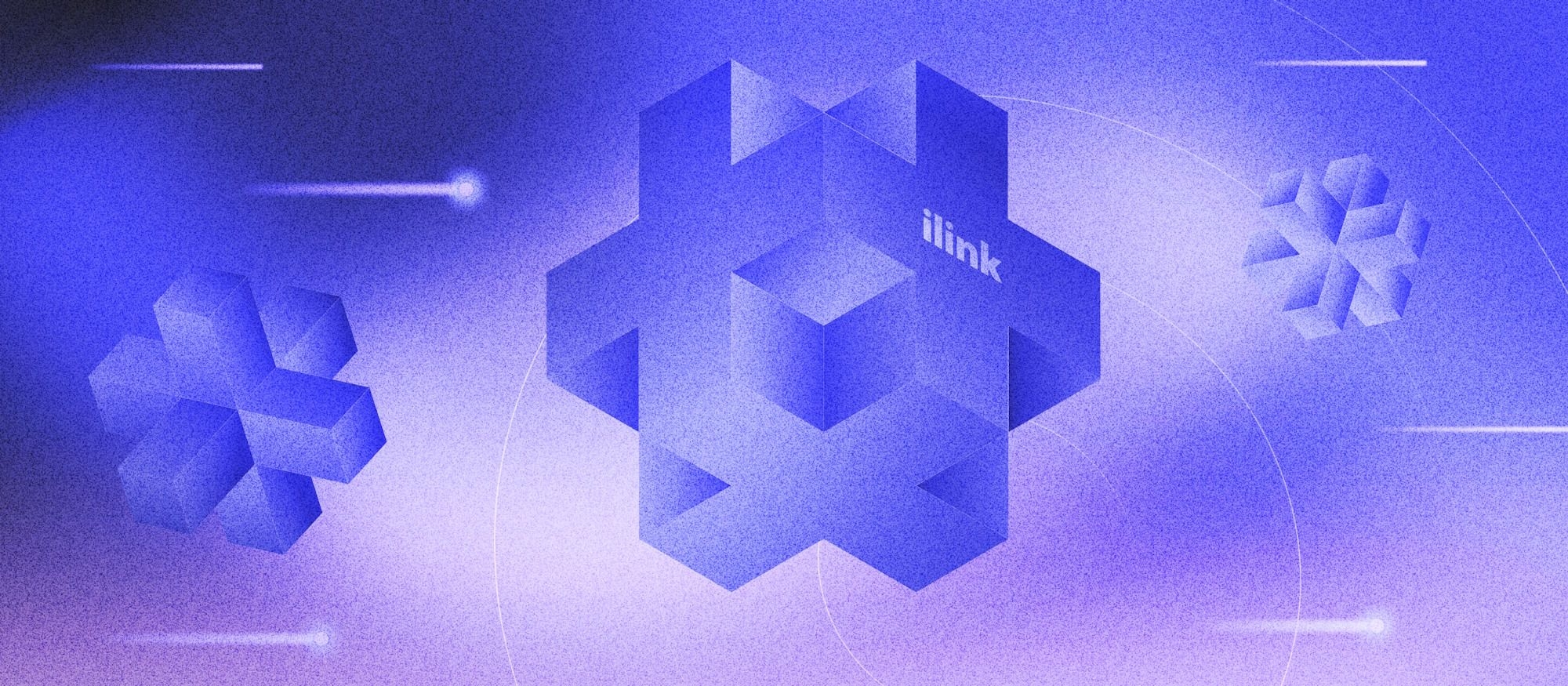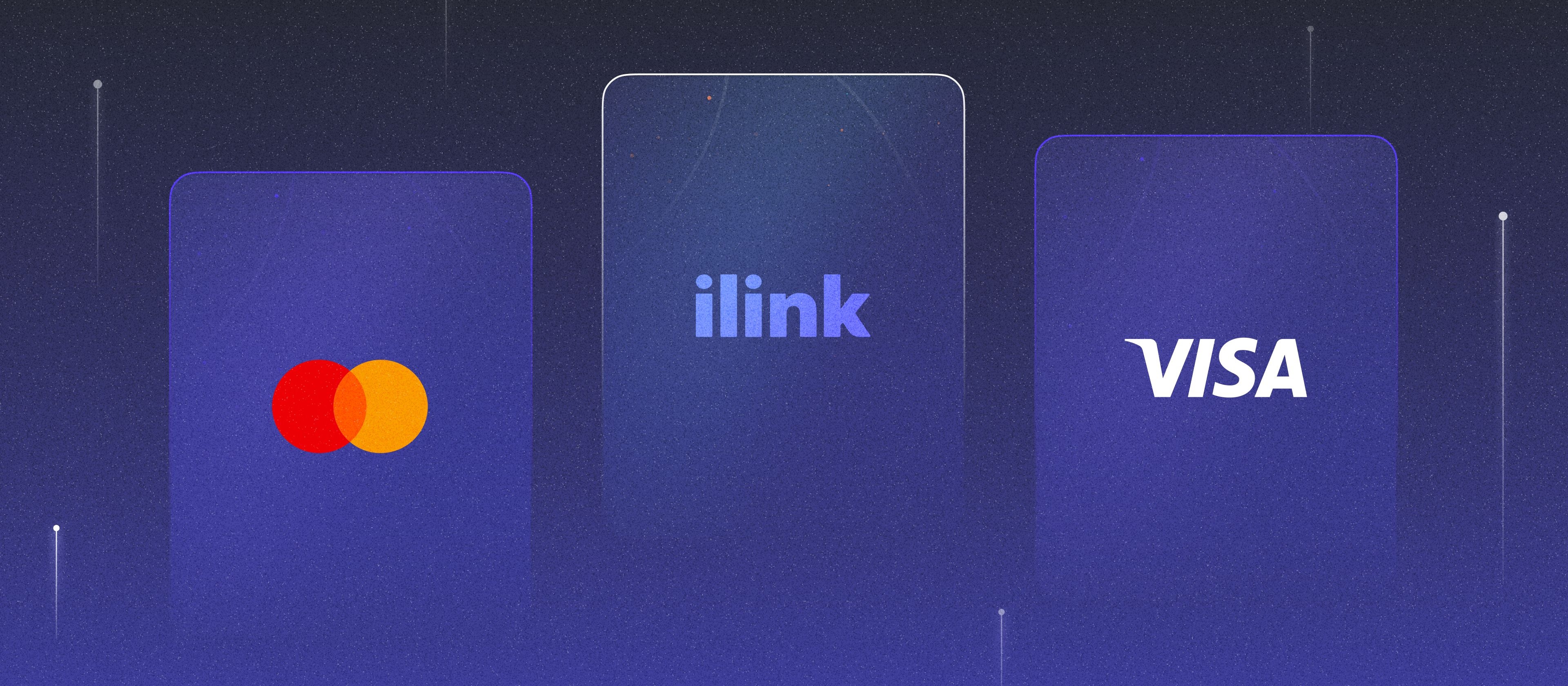Blockchain AI Startup: How to Build a Business at the Intersection of Two Leading Technologies

Introduction
Artificial intelligence and blockchain are shaping the future of the digital economy. Their combination offers unique advantages that cannot be achieved using either technology alone. Blockchain AI startups are currently attracting significant investment, and AI in Web3 is becoming the foundation of new business models.
What Is Blockchain AI
Blockchain ensures decentralized and immutable data storage, while AI transforms data into intelligent decisions. Decentralized AI eliminates data monopolization, improves the quality of AI models, and strengthens user trust. Blockchain enables data provenance verification and protects intellectual property rights through smart contracts.
Why Startups Choose Blockchain AI
The synergy of these technologies creates a powerful foundation for rapid Web3 startup growth:
- A higher level of security and privacy;
- Trust in data and computational results;
- The ability to issue AI tokens and implement tokenomics;
- Scalability and global accessibility;
- Establishment of autonomous DAO communities.
Promising Directions for Launching a Startup
Startups operating at the intersection of blockchain and AI are already entering high-demand industries where secure infrastructure and intelligent automation are essential. One of the most promising directions is the development of platforms for data exchange and monetization. A decentralized approach allows users to control their own data and receive rewards for contributing to AI model training. Such an AI marketplace removes centralized intermediaries and ensures transparent and efficient data usage.
Another growing direction is intelligent dApps that leverage AI capabilities inside Web3 applications. They enhance financial, logistics, insurance, and gaming processes, increasing both product value and user experience. In DeFi, for example, AI-driven risk management systems can automatically adjust smart contract parameters in response to market conditions.
Self-optimizing DAO ecosystems are also gaining traction. AI models can analyze community behavior and propose decisions that improve governance outcomes while reducing the risk of flawed voting. Digital identity based on SSI (Self-Sovereign Identity) integrated with AI demonstrates significant potential. Personalized algorithms increase access security, prevent fraud, and give users full control over their digital rights. Such solutions are particularly relevant in Web3 banking and eCommerce.
Cybersecurity powered by AI is another promising field. Integrated AI models can detect threats at early stages, analyze node behavior, and prevent sophisticated attacks on smart contracts and digital assets. All of these areas are already forming sustainable business models and shaping a new generation of blockchain-enabled startups.
If you want to launch an AI-powered blockchain startup, you can get expert guidance on Web3 and AI solution development, feasibility assessments, and a go-to-market strategy.
How Blockchain Enhances AI and Vice Versa
Blockchain and AI complement each other. Data used for model training becomes more reliable when its origin and history are recorded on-chain, which prevents manipulation, protects intellectual property rights, and ensures transparency across the entire data lifecycle. As a result, AI operates on verified and trusted information, improving prediction accuracy.
AI, in turn, significantly enhances smart contract performance. It helps automation dynamically react to external conditions rather than operate solely under predefined logic. This creates a path toward truly intelligent automation that accounts for real-world context.
Generative AI models can leverage blockchain to authenticate content, enabling reliable verification that a particular output was generated by AI rather than a malicious source. This is especially important as AI-generated content proliferates online.
Decentralized computing networks expand access to model training for organizations and users lacking powerful hardware. Blockchain-based distributed systems reduce dependency on large tech corporations and foster fair competition. This guarantees that model results cannot be silently altered or misused.
Business Models of Blockchain AI Startups
Scalable monetization models include:
- Subscription to intelligent services;
- AI token for access and governance;
- NFT licensing for AI models;
- Data-as-a-Service;
- APIs for Web3 applications.
The market combining blockchain and AI is growing rapidly. Investors actively fund startups in fintech, cybersecurity, and digital identity that utilize these technologies.
How to Choose a Technology Partner
A technology partner should have proven experience in blockchain AI development, including smart contracts, tokenomics, and integrating AI models into Web3 architecture. It is critical that the team understands distributed system security, advanced data management, and long-term product support.
The best partner contributes not only to product development but also to designing a sustainable business model, auditing the technical architecture, and scaling the solution as the startup grows. Verified case studies in blockchain startups and intelligent dApps significantly reduce risks for founders.
Comments (0)
Latest Posts

Companies that actively use AI gain a significant competitive advantage by shortening decision-making time and optimizing business processes.

For companies operating globally, a crypto merchant gateway is no longer just an option, it’s becoming a competitive necessity.
Do You Have Any Questions?
Leave your details - we will contact you to answer all your questions

